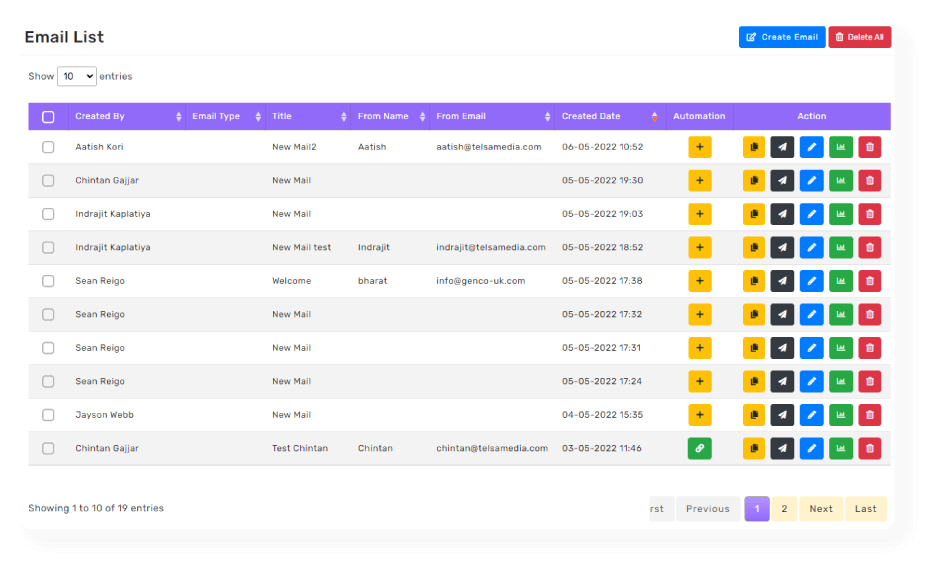- Home
- Why Telagus
- Get Started
- Book a Tour
- Pricing
- Blogs
- Help
- Contact Us
- Call Us : 02037641143
-
Get In Touch

For small businesses, every penny counts. The decision to invest in Customer Relationship Management (CRM) software often hinges on its cost versus the tangible benefits it can offer. With a plethora of options available—from free versions tailored for minimal needs to advanced systems boasting extensive features—the cost of CRM software varies widely. But is it a worthy investment? This article explores the various facets of investing in CRM software for small businesses, aiming to offer insights that can guide your decision.
The first component of CRM software costs is the initial price, which can be a setup fee (for on-premise systems) or the first installment of a subscription (for cloud-based systems). These costs vary based on the complexity of the system, the number of users, and the specific needs of the business. Small businesses might opt for entry-level plans ranging from $10 to $50 per user per month, with more robust systems costing upwards of $100 per user per month.
Beyond the initial investment, there are ongoing costs associated with maintaining and using CRM software. These include monthly or annual subscription fees, additional charges for upgrades, and possibly fees for technical support and additional services. It’s crucial for small businesses to consider these recurring costs when budgeting for CRM software.
Implementation costs can also include training for staff, integration with existing systems, and any customization needed to tailor the software to specific business processes. These costs can sometimes exceed the software price itself, making it essential to factor them into the overall budget.
The primary benefit of CRM software is its ability to help businesses manage interactions with current and potential customers more effectively. By organising customer information in one accessible place, CRM systems enable more personalised service and quicker response times, which can lead to increased customer satisfaction and retention.
CRM software automates routine tasks such as data entry, lead tracking, and customer communications, which frees up time for employees to focus on more complex tasks that require human intervention. This can significantly increase a team's overall efficiency and productivity.
Also Read: From Contacts to Customers: CRM Tools That Help Small Businesses Grow
With advanced reporting tools, CRM systems provide valuable insights into customer behaviour, sales trends, and marketing effectiveness. This data enables small businesses to make informed decisions that can enhance their strategies and improve overall performance.
Case studies from real businesses can help illustrate how CRM software provides a good return on investment. For example, a small online retailer might use CRM to track customer purchase histories and preferences, which allows for personalised marketing campaigns that result in higher conversion rates and increased sales. Another example could be a service-based business, like a consultancy, using CRM to streamline appointment scheduling, follow-ups, and service delivery, enhancing client satisfaction and loyalty.
The most significant barrier to CRM adoption in small businesses is often the perceived high cost. While it's true that CRM systems can be expensive, many affordable options are designed specifically for small enterprises. Moreover, the long-term benefits—like improved customer retention and increased sales—can outweigh the initial and ongoing costs.
Another concern is the complexity of implementing a new system and the time required to train staff. However, many CRM providers offer user-friendly software with comprehensive support and training resources, making the transition smoother and less time-consuming.
As we consider the various aspects and benefits of CRM software, it's worth introducing Telagus, a leading provider of bespoke CRM solutions tailored for small businesses. Telagus offers a unique platform that not only fits your business needs but also adapts as your business grows. With features designed to enhance customer relationships, increase operational efficiency, and drive data-driven decision-making, Telagus stands out as a wise investment for small businesses looking to gain a competitive edge.
In conclusion, while the cost of CRM software can be substantial, the benefits often justify the investment, especially for small businesses aiming to scale and improve their customer engagement. By choosing a system like Telagus, small businesses can enjoy a customised solution that delivers value far beyond its cost.
